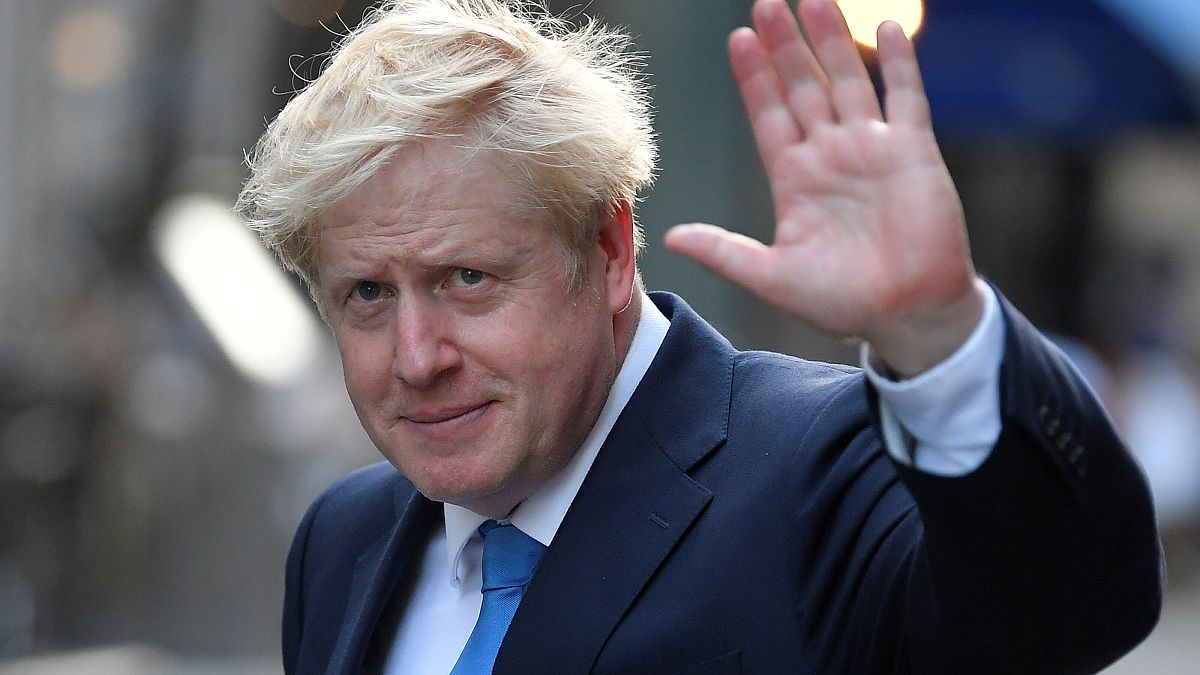He is now Britain’s new Prime Minister and leader of the Conservative Party but his love of politics begun decades ago. Many think his controversial Brussels-bashing stories contributed to the shape of British politics today.
Boris Johnson is no stranger to Brussels.
Not only did his father work for European institutions, but Johnson himself covered stories coming out of the European Commission when he worked for the Daily Telegraph between 1989 and 1994.
He is now leader of the Conservative Party and about to become Britain’s new Prime Minister, but his love of politics begun decades ago and many think his controversial Brussels-bashing stories contributed to the shape of British politics today.
French journalist Quentin Dickinson from Radio France International, remembers what Johnson was like to work with.
“In this profession, one must be serious. Of course you can have a sense of humour, irony is not forbidden. But you simply need absolute respect for facts.
“We know the expression for our profession is “facts are sacred, commentary is free”. There was a lot of commentary, usually based on very few facts. And this has not changed with him entering politics.”
Former chief spokesperson of the European Commission, Bruno Dethomas, recalls how he dealt with questions from Johnson.
“I remember Boris Johnson arriving with his white-blonde unruly mop of hair, with his cheekiness, with his intelligence, his charm, his humour and his taste for manipulation.”
Just in front of the European Commission there is a pub called the Old Hack pub. Denis Newson, a former journalist and founder of the pub, said this was where British journalists would meet. Newson says he remembers how the most serious newspapers were sometimes obliged to react to Boris’ stories.
“My impression is that he was a tabloid journalist working for a serious newspaper. He clashed quite often with more serious people from The Guardian.
“He had different questions, and there was a little bit of rivalry. But I do not remember Boris being particularly anti-Europe in those days.”
Maybe he was not anti-European at the time, but he was good at showing how the EU was becoming a threat to British sovereignty. This perhaps sowed the seeds for what came after.
Watch the interviews in the player above
